Who was Michael Fordham?
 Michael Fordham (1905-1995) was a seminal figure in the field of analytical psychology, renowned for his innovative work that bridged the gap between Jungian theory and developmental psychology. As one of the founding members of the Society of Analytical Psychology in London, Fordham played a pivotal role in shaping the practice and theory of analytical psychology in the UK. His extensive work on child development, the concept of the self, and the process of individuation has left an indelible mark on both analytical and developmental psychology.
Michael Fordham (1905-1995) was a seminal figure in the field of analytical psychology, renowned for his innovative work that bridged the gap between Jungian theory and developmental psychology. As one of the founding members of the Society of Analytical Psychology in London, Fordham played a pivotal role in shaping the practice and theory of analytical psychology in the UK. His extensive work on child development, the concept of the self, and the process of individuation has left an indelible mark on both analytical and developmental psychology.
Early Life and Education
Michael Fordham was born on August 4, 1905, in Tavistock, Devon, England. His early life was marked by a strong intellectual curiosity and a profound interest in understanding the human mind. He was educated at Cambridge University, where he initially studied medicine. After completing his medical degree, Fordham trained in psychiatry, eventually developing a keen interest in psychoanalysis and the emerging field of analytical psychology. His early career was marked by a deep engagement with the work of Carl Jung, whose theories would profoundly influence Fordham’s own contributions to psychology.
Relationship with Analytical Psychology
Fordham’s introduction to analytical psychology was largely influenced by his exposure to Jung’s work. He was particularly drawn to Jung’s ideas on the collective unconscious, archetypes, and the process of individuation. Fordham’s relationship with analytical psychology was characterized by a dynamic interplay between his respect for Jungian concepts and his desire to integrate these with contemporary findings in developmental psychology.
His collaboration with fellow Jungian analysts and his involvement in the Society of Analytical Psychology provided a fertile ground for Fordham to develop his ideas. He was known for his rigorous approach to theory and practice, often challenging and expanding upon traditional Jungian concepts.
Key Ideas and Contributions
Integration of Developmental and Analytical Psychology
One of Fordham’s most significant contributions was his effort to integrate developmental psychology with analytical psychology. He argued that understanding the psychological development of children was crucial for a comprehensive grasp of the psyche. Fordham believed that the principles of individuation and the dynamics of the self could be observed and studied from early childhood.
His work emphasized the importance of early relational experiences and their impact on the formation of the self. Fordham introduced the concept of “de-integration” and “re-integration” to describe the process through which the self evolves through developmental stages. This concept highlighted the fluid and dynamic nature of the self, challenging the more static interpretations prevalent at the time.
The Self in Childhood
Fordham’s exploration of the self in childhood was groundbreaking. He proposed that the self is present from birth and undergoes a continuous process of development and transformation. His clinical observations and theoretical work underscored the importance of early experiences and their role in shaping the individual’s psyche.
Fordham’s model of the self included the idea of primary self-object relationships, where the infant’s initial experiences with caregivers form the foundation for later psychological development. He believed that these early interactions were crucial for the emergence of a cohesive and integrated self.
Developmental Theory of Individuation
Fordham’s developmental theory of individuation extended Jung’s concept by emphasizing its relevance across the lifespan. He argued that individuation is not confined to midlife but begins in infancy and continues throughout one’s life. This perspective brought a new dimension to Jungian psychology, highlighting the developmental processes that underpin the journey toward self-realization.
Fordham’s theory suggested that the process of individuation involves the gradual integration of different aspects of the psyche, facilitated by the interplay between de-integration and re-integration. This ongoing process allows for the continuous evolution and transformation of the self.
Major Works and Publications
The Self and Autism
In “The Self and Autism,” Fordham explored the connections between developmental psychology and analytical psychology through the lens of autism. He examined the ways in which disturbances in early self-object relationships could lead to autistic behaviors. This work provided valuable insights into the developmental aspects of psychological disorders and highlighted the importance of early intervention.
Children as Individuals
“Children as Individuals” is another of Fordham’s notable works, where he elaborated on his developmental theories. The book offers a detailed exploration of the child’s psychological development, emphasizing the significance of early relational experiences and their impact on the self. Fordham’s observations and theoretical insights in this book have been influential in both clinical practice and theoretical advancements in child psychology.
Explorations into the Self
In “Explorations into the Self,” Fordham delved deeper into the nature of the self and its development. This work is a comprehensive examination of his ideas on de-integration and re-integration, providing a robust framework for understanding the dynamic processes of the psyche. Fordham’s innovative approach in this book has had a lasting impact on the field, inspiring further research and clinical applications.
Influence on Child Psychotherapy
Michael Fordham’s work had a profound impact on the practice of child psychotherapy. His integration of developmental psychology and analytical psychology provided a framework for understanding the psychological needs of children and the importance of early intervention. Fordham’s ideas about the self and its development have been widely applied in child psychotherapy, guiding therapists in their work with young patients.
Fordham emphasized the significance of the therapeutic relationship in child psychotherapy, arguing that it could provide a corrective emotional experience for children with disrupted early relationships. His approach highlighted the need for therapists to attune to the child’s developmental stage and to foster a safe and supportive environment for growth and healing.
Collaboration with Melanie Klein
While Fordham is primarily associated with Jungian psychology, he also had a significant collaboration with Melanie Klein, a prominent figure in psychoanalysis. Fordham and Klein shared an interest in the psychological development of children and the importance of early experiences.
Their collaboration led to a fruitful exchange of ideas and a mutual influence on each other’s work. Fordham’s concept of de-integration and re-integration resonated with Klein’s ideas about the paranoid-schizoid and depressive positions in infant development. This collaboration demonstrated Fordham’s openness to engaging with different theoretical perspectives and his commitment to advancing the understanding of child psychology.
The London Developmental Research Group
In addition to his clinical work and theoretical contributions, Michael Fordham was instrumental in establishing the London Developmental Research Group. This group brought together psychoanalysts, Jungian analysts, and developmental psychologists to study the psychological development of children.
The London Developmental Research Group conducted pioneering research on early childhood development, attachment, and the formation of the self. Fordham’s leadership and vision were central to the group’s success, fostering a collaborative and interdisciplinary approach to the study of child psychology. The findings and insights generated by this group have had a lasting impact on the field, shaping both theory and practice.
Influence and Legacy
Michael Fordham’s influence on analytical psychology is profound and far-reaching. His integration of developmental psychology with Jungian theory has opened new avenues for understanding the complexities of the psyche. Fordham’s work has enriched the practice of analytical psychology, providing valuable insights into child development, the self, and the process of individuation.
His legacy is evident in the continued relevance of his theories in contemporary psychology. Fordham’s emphasis on the importance of early experiences and his dynamic model of the self have influenced both clinical practice and academic research. The Society of Analytical Psychology, which he helped found, remains a testament to his enduring impact on the field.
Published Works and Timeline
- 1946 – Object Relations and Dynamic Structure
- 1957 – New Developments in Analytical Psychology
- 1969 – Children as Individuals
- 1976 – The Self and Autism
- 1985 – Explorations into the Self
- 1988 – Jungian Psychotherapy: A Study in Analytical Psychology
Bibliography
- Fordham, Michael. Object Relations and Dynamic Structure. London: Hogarth Press, 1946.
- Fordham, Michael. New Developments in Analytical Psychology. London: Routledge, 1957.
- Fordham, Michael. Children as Individuals. London: Hodder & Stoughton, 1969.
- Fordham, Michael. The Self and Autism. London: Karnac Books, 1976.
- Fordham, Michael. Explorations into the Self. London: Academic Press, 1985.
- Fordham, Michael. Jungian Psychotherapy: A Study in Analytical Psychology. London: Karnac Books, 1988.
- Samuels, Andrew, Bani Shorter, and Fred Plaut. A Critical Dictionary of Jungian Analysis. London: Routledge, 1986.
- Kirsch, Thomas B. The Jungians: A Comparative and Historical Perspective. London: Routledge, 2000.
- Shamdasani, Sonu. Jung Stripped Bare by His Biographers, Even. London: Karnac Books, 2004.
Read More Depth Psychology Articles:
Taproot Therapy Collective Podcast
Jungian Analysts



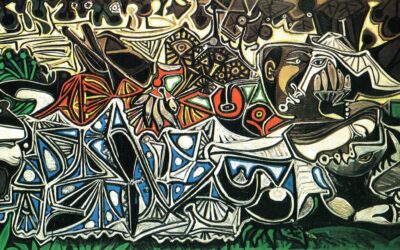

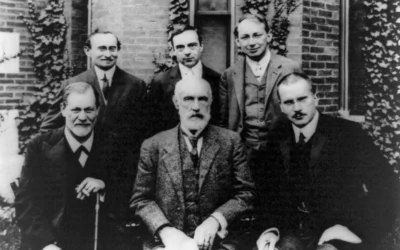
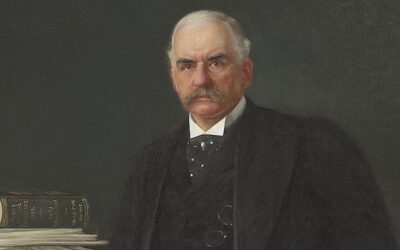
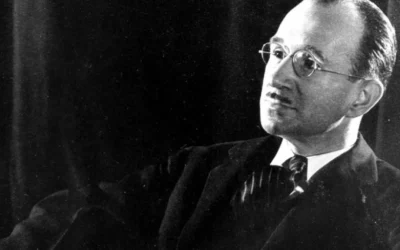
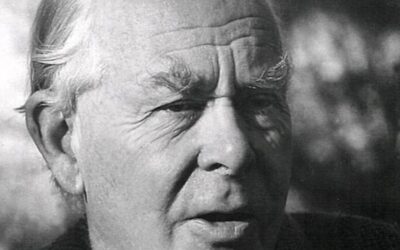
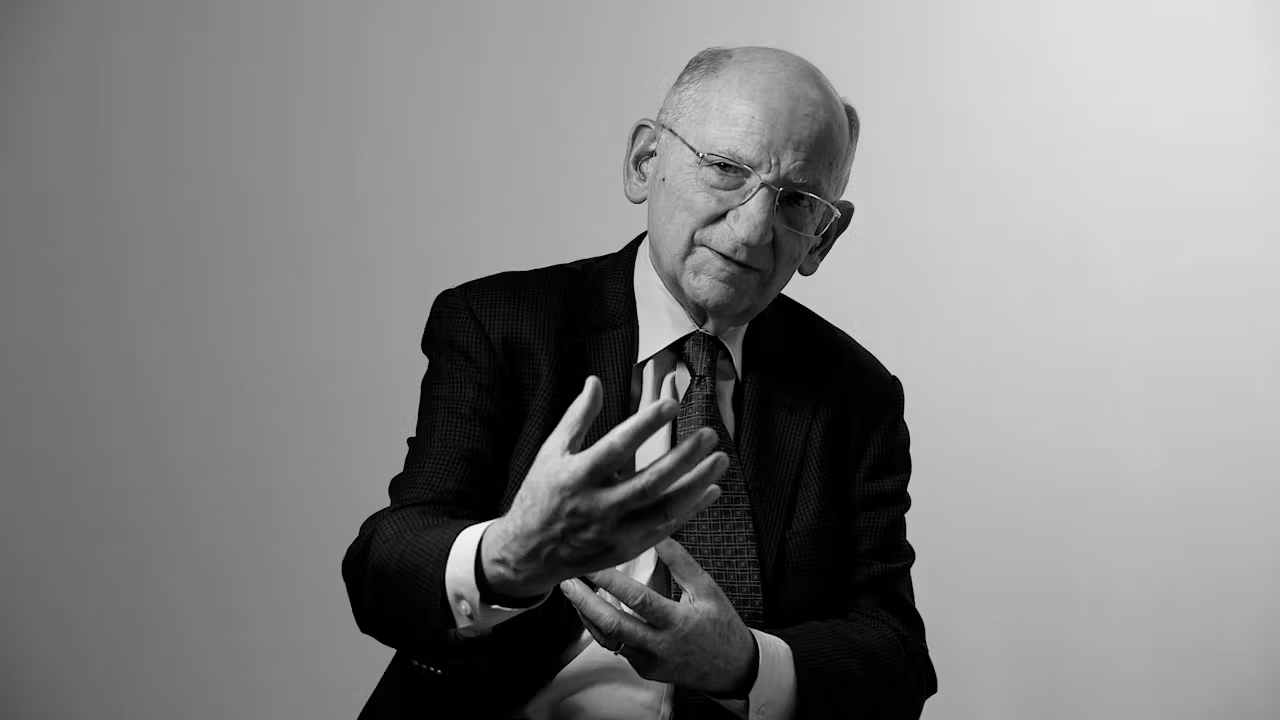
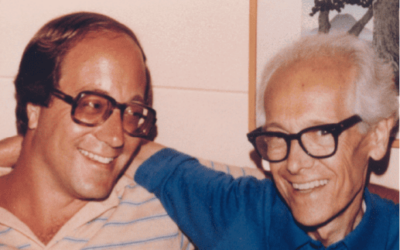
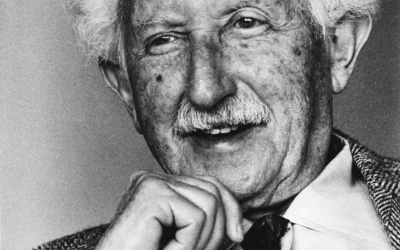
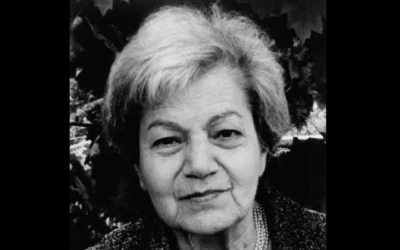
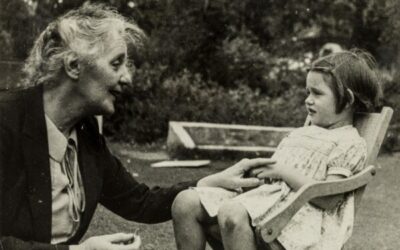
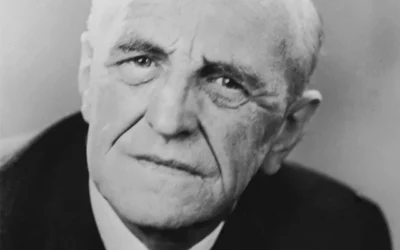
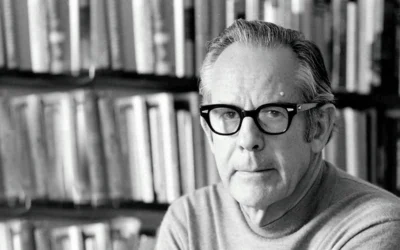
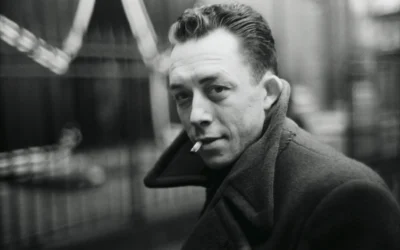
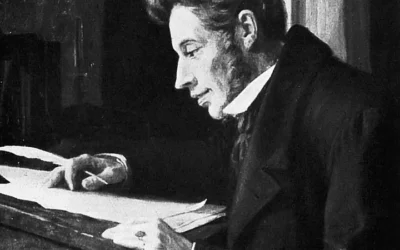
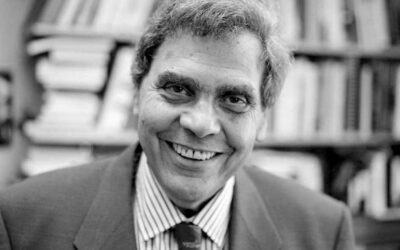
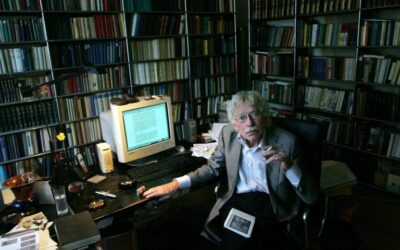

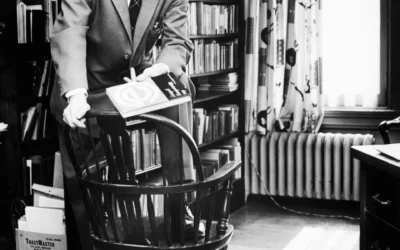
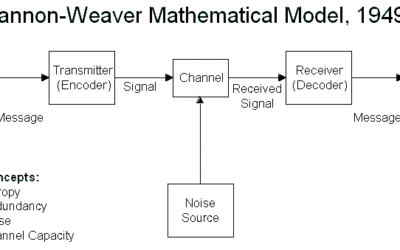
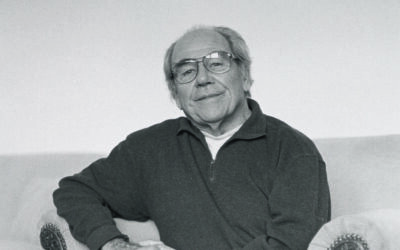
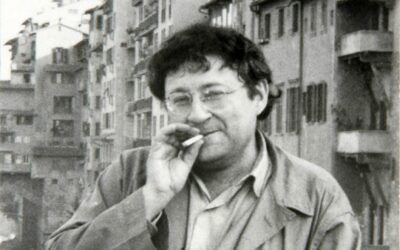
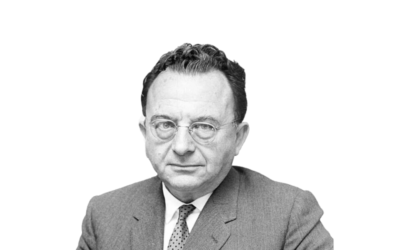
0 Comments